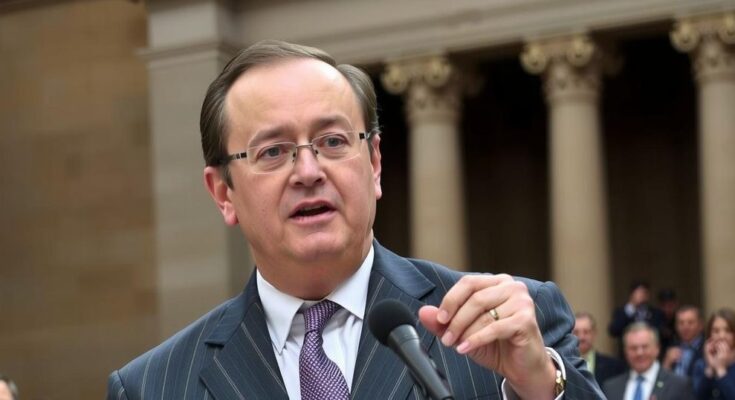Romania’s top court annulled the first round of the presidential election, citing Russian interference efforts to distort the vote in favor of far-right candidate Calin Georgescu. The court deemed the decision necessary after intelligence revealed a large-scale manipulation campaign through social media. The election will be rerun, prompting significant debate about the impact of foreign influences on democracy.
On Friday, Romania’s Constitutional Court made a landmark ruling to annul the results of the first round of the presidential election, necessitating a complete rerun of the electoral process. This unprecedented decision followed warnings from security agencies that the election had been marred by significant interference from Russian operatives, particularly aimed at promoting Calin Georgescu, a far-right candidate. The court’s ruling arose after President Klaus Iohannis disclosed intelligence indicating that Russia orchestrated a vast online campaign using thousands of social media accounts to bolster Georgescu’s candidacy.
The backdrop of this ruling is an election cycle characterized by controversy and allegations of external interference. With Romania being a member of both the European Union and NATO, the integrity of its democratic processes is a subject of international scrutiny. Intelligence reports from various Romanian security services pointed to a well-coordinated campaign on platforms like TikTok and Telegram intending to sway voter opinion favorably toward Georgescu, who had claimed victory despite claiming zero campaign expenses. The implications of such influence campaigns contribute to broader concerns regarding electoral integrity and democratic resilience in the face of foreign intrusion.
The annulment of the presidential vote is a significant moment in Romania’s political landscape, underscoring the potential vulnerabilities of democratic institutions to external influences. The court’s decision has elicited varied reactions, with some considering it a necessary measure to ensure electoral integrity, while others view it as a threat to the democratic process. As the country prepares for a rerun of the election, the emphasis will be on safeguarding the electoral process from any future interference.
Original Source: www.france24.com




